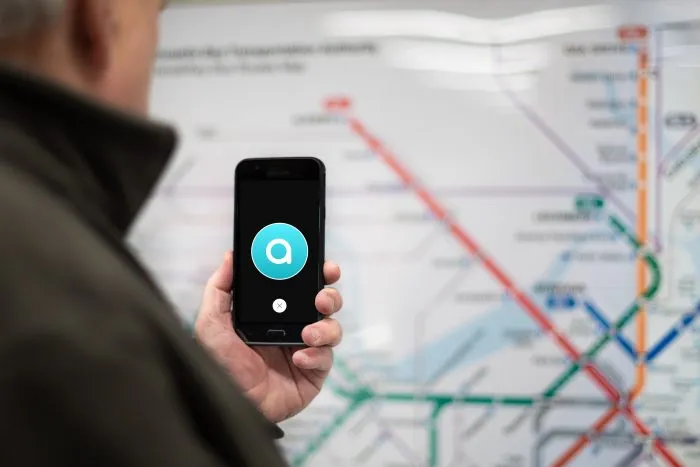The Pennsylvania Department of Transportation (PennDOT) has launched a video to assist drivers in navigating roundabouts in the state. The video instructs viewers how to use both single and multi-lane roundabouts whether in a vehicle, on a bicycle or on foot.
The Federal Highway Administration (FHWA) encourages implementing roundabouts as they have been proven to significantly improve safety and reduce traffic delays over traditional stop- or signal-controlled intersections. In conjunction with the FHWA'
January 13, 2017
Read time: 1 min
The 6111 Pennsylvania Department of Transportation (PennDOT) has launched a video to assist drivers in navigating roundabouts in the state. The video instructs viewers how to use both single and multi-lane roundabouts whether in a vehicle, on a bicycle or on foot.
The Federal Highway Administration (FHWA) encourages implementing roundabouts as they have been proven to significantly improve safety and reduce traffic delays over traditional stop- or signal-controlled intersections. In conjunction with the FHWA's recommendation, the Pennsylvania State Transportation Innovation Council (STIC) has prioritised implementing roundabouts as alternatives to traditional intersections when possible.
"Data shows that modern-day roundabouts reduce crash severity and injuries while improving traffic flow," said PennDOT secretary Leslie S. Richards. "This video illustrates how to navigate these intersections regardless of how you travel."
The Federal Highway Administration (FHWA) encourages implementing roundabouts as they have been proven to significantly improve safety and reduce traffic delays over traditional stop- or signal-controlled intersections. In conjunction with the FHWA's recommendation, the Pennsylvania State Transportation Innovation Council (STIC) has prioritised implementing roundabouts as alternatives to traditional intersections when possible.
"Data shows that modern-day roundabouts reduce crash severity and injuries while improving traffic flow," said PennDOT secretary Leslie S. Richards. "This video illustrates how to navigate these intersections regardless of how you travel."








